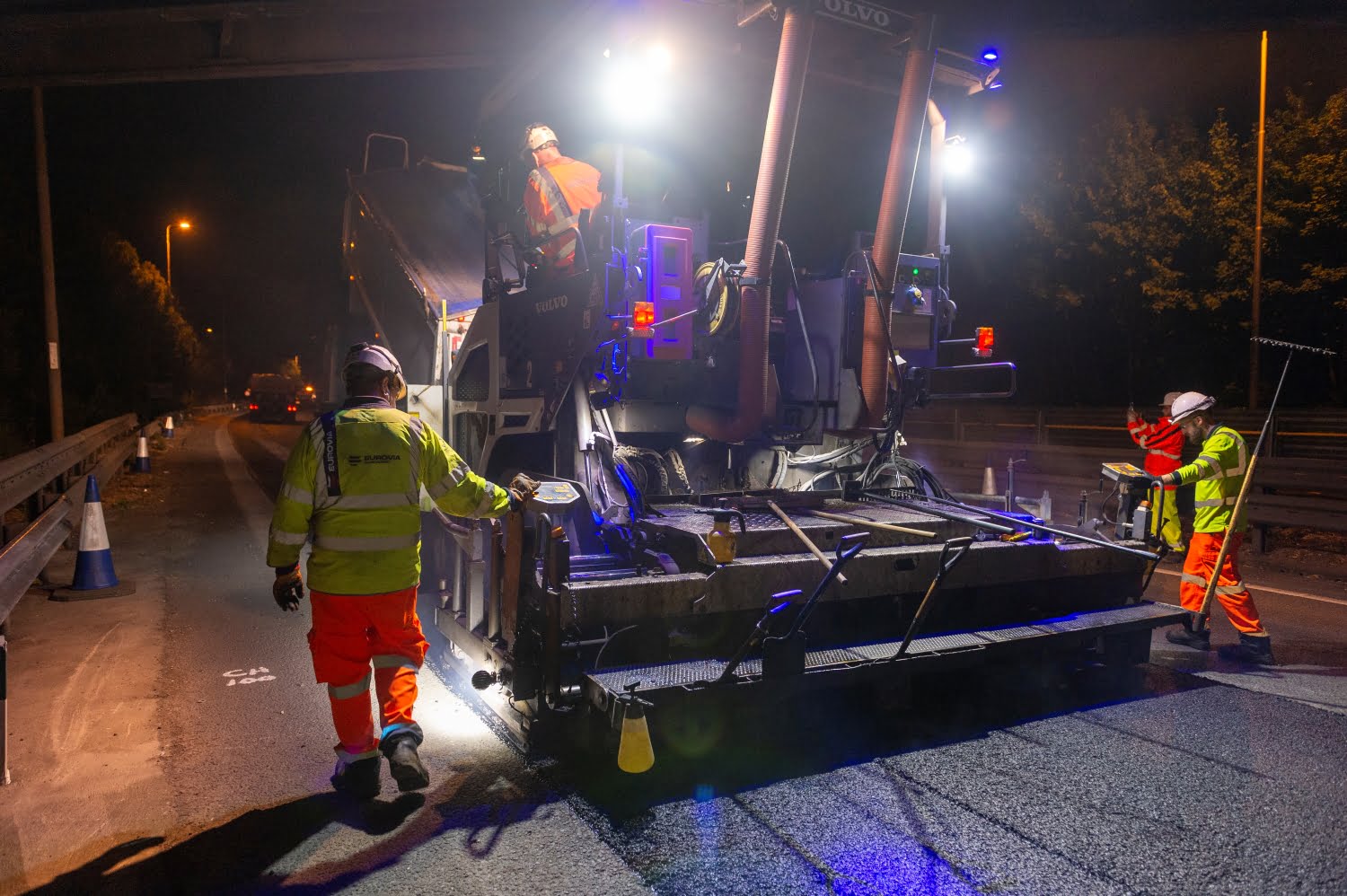New research from the Asphalt Industry Alliance and Local Council Roads Innovation Group suggest a disconnect between the net zero ambitions of local authority policy makers and the resources available to deliver on them.
AIA Chair David Giles told the LCRIG Strictly Highways conference in Blackpool that its study found that nine out of ten local authorities in England and Wales have a net zero pledge – with more than half of these stating 2030 as their pledge date – but only eleven per cent reported that they have updated their highway asset management plan to include net zero principles and targets and only six per cent have a target to reduce carbon from road surfacing materials.
“Nevertheless, we know, because you told us, that you are implementing a range of measures within your local authorities to reduce your highways maintenance carbon footprint, taking advantage of the innovations within the sector such as using warm mix asphalts, selecting materials with longer life, and specifying materials with recycled content,” Mr Giles said.
“There is, however, yet another disconnect – this time between policy ambitions and the reality of managing the highway asset on a limited budget with restricted funding horizons. For example, WMAs are on the specification list at the majority of local authorities in England – yet industry figures show that only around five per cent of all asphalt manufactured is produced as warm mix, which can reduce the CO₂ associated with asphalt production by up to 15%. National Highways has adopted WMA as standard for the strategic network but take-up at a local authority level has been much slower.”
Mr Giles continued: “The path to net zero section in ALARM also asked about which net zero training areas would be most beneficial to help you achieve your decarbonisation aims and the area that was ranked as the most important was materials innovation and how to select materials based on carbon impact.”
In his address he also pointed out that, while local roads are considered to be authorities’ most valuable asset, only around one per cent of their value is spent annually on maintaining them – and much of that is spent on immediate and urgent repairs rather than planned and proactive work that provides better value for money and reduces whole-life carbon.
(File picture – Atkins)
























